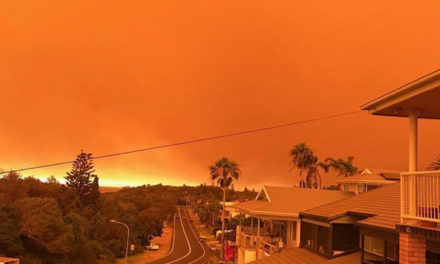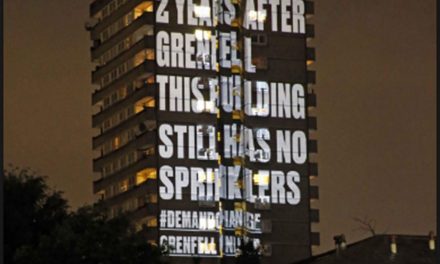The murder of popular singer from the Oromo ethnic group, Haacaaluu Hundeessa, in late June has led to more than a week of unrest and violence in Ethiopia.
According to police, around 239 people have died in protest due to lethal force from authorities and interethnic violence.
Hundeessa has been described as the voice of Oromo people who have long felt shunned from the country’s political and economic sphere. His anti-government stance and love for his community were two defining features in Hundeessa’s music, and his legacy will, undoubtedly, live on.
His death by unknown attackers has heightened existing ethnic tensions in the capital of Addis Ababa and surrounding Oromia regions. Prime Minister Abiy Ahmed, who was elected in 2018, addressed the unrest deeming it an “evil act”, however, he asked citizens to refrain from violence and indicated that it represented “coordinated attempts” to destabilise the country.
Decades of Discrimination
Despite being Ethiopia’s largest ethnic group, the Oromo people have been subjected to decades of political oppression and discrimination under several governments. During the reign of Emperor Haile Selassie, the Oromo language and traditional religion was banned.
It was only in 2018, when PM Ahmed – the first Oromo leader – was elected, that a more progressive future for the Oromo community was paved. When Ahmed stepped into power, he released political prisoners, unbanned many political parties and promised free and fair elections.
However, with the recent arrest of several Oromo Liberation Front members, many have accused the Prime Minister of backtracking on his promises and reverting to old oppressive tactics. It also does not help that the promised democratic elections have now been postponed due to the coronavirus pandemic.
Many will remember Prime Minister Ahmed receiving the Nobel Peace Prize only last year for his incredible work settling a decades-long conflict between Ethiopia and Eritrea. Now, Ahmed has another heavy burden to take on – uniting the country despite its many ethnic divisions before unrest turns into something worse.
Photo Credit: Reuters
- This Artist is Making the Underwater Arena His Canvas - 28th April 2021
- A Video Game that Promotes Peace and Conflict Resolution - 15th March 2021
- Netflix’s ‘Living Undocumented’ is a Difficult Series to Watch, and Exactly Why We Should - 9th March 2021






